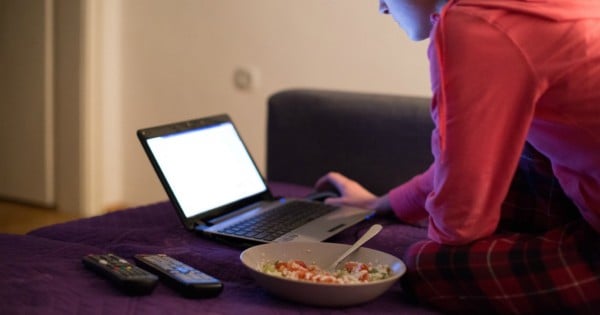
We’ve rounded up all the latest stories from Australia and around the world – so you don’t have to go searching.
1. Woman sexually assaulted after offender broke into her bedroom.
A Gold Coast woman has been sexually assaulted by an offender who allegedly broke into her apartment.
The woman in her 30s was sleeping alone in her Ashmore unit when the intruder broke in through a bedroom window about 12.30am on Sunday morning.
The man assaulted the woman before fleeing the residential unit complex on foot.
Detectives and officers from the Dog Squad spent yesterday hunting the predator who was believed to have escaped over fences from the property.
Police described the attack as “protracted and horrendous.”
“The female has been subjected to quite a protracted and horrendous sexual assault,” Senior Sergeant Craig McGrath said
“A subsequent search has been undertaken involving the dog squad and police units. But at this stage the identity of the offender and the location of the offender is unknown.”
The suspect is described as 175cm tall, with a slim build, unshaven and with an olive complexion.
Anyone with information about the woman’s attack should phone Crime Stoppers on 1800 333 000.
2. Polls show PM suffering after GST rumours and Ministerial unrest.
The latest Fairfax-Ipsos poll has shown the Coalition’s share of the vote is now below that achieved by Tony Abbott at the 2013 election.
Mr Turnbull’s personal support remains high with voters preferring the PM to Bill Shorten by more than two to one at 64, but it is down 5 percentage points to 19.


Top Comments
Apparently there were lights and barriers that the band drove though deliberately, past cars that were waiting. Darwinian!
Number 4 is a worry for the future generations, isnt it?